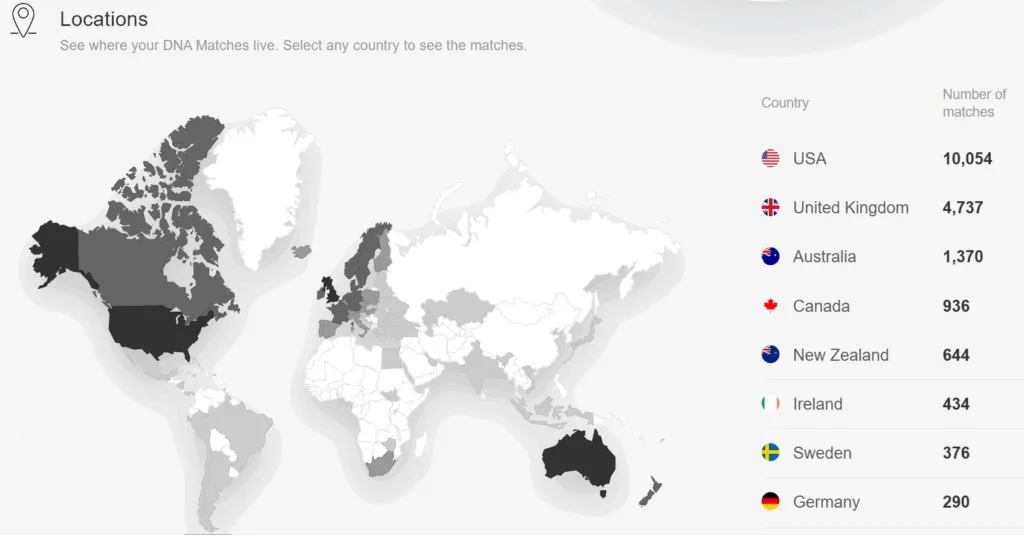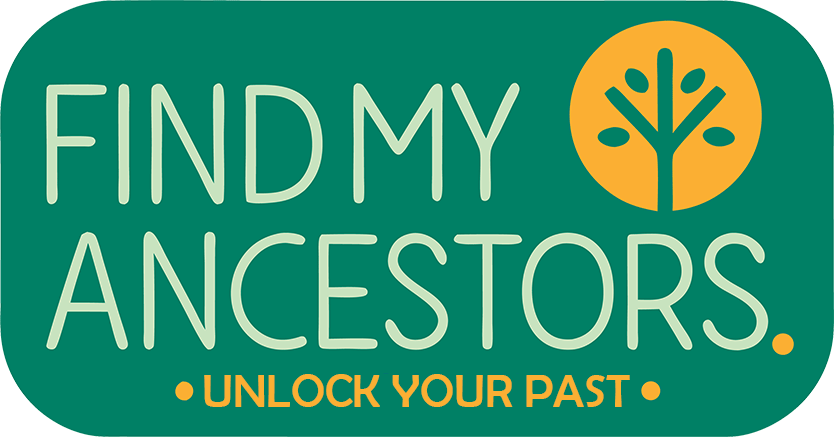Your results have arrived. There’s a colourful map, a list of matches, and a lot of percentages. It’s exciting but also a bit overwhelming. Here’s how to make sense of it all and actually use your DNA test in your family history research.

Step 1: Take the ethnicity estimate with a pinch of salt
- Ethnicity estimates are just that … estimates.
- They are based on reference samples, and they vary between companies.
- If you see unexpected results, it doesn’t mean the test is wrong; it just means DNA is complicated.
Step 2: Look at your DNA matches
This is where the real value is. Start by focusing on:
- Close matches (2nd – 4th cousins).
- Familiar surnames or locations.
- Shared matches (people who match both you and another cousin).
Step 3: Build or link your family tree
If the DNA testing site lets you build a tree, do it. Even a basic one can help you and your matches figure out how you’re connected. You don’t need hundreds of names, simply start with parents, grandparents and great‑grandparents if known. You can even download your results from one family history site and add to another to increase your chances of finding matches.

I originally did my DNA test with Ancestry but also uploaded MyHeritage, where I connected with a distant cousin and gained access to years of family history research.
Step 4: Use match tools and notes
Most sites let you:
- Label matches (e.g. mum’s side, dad’s side).
- Add notes for each person.
- Group matches by family line.
These small steps will help you keep track as your match list grows.

Step 5: Combine DNA with traditional research
Use your matches to:
- Confirm and validate what you’ve discovered through records.
- Explore new branches of your family tree.
- Reconnect with living relatives
- And sometimes it can help break through brick walls.
DNA isn’t a magic solution that will build your family tree; its power comes from combining with records, connections, stories, and time.
Still not sure? See: Should I take a DNA test?
